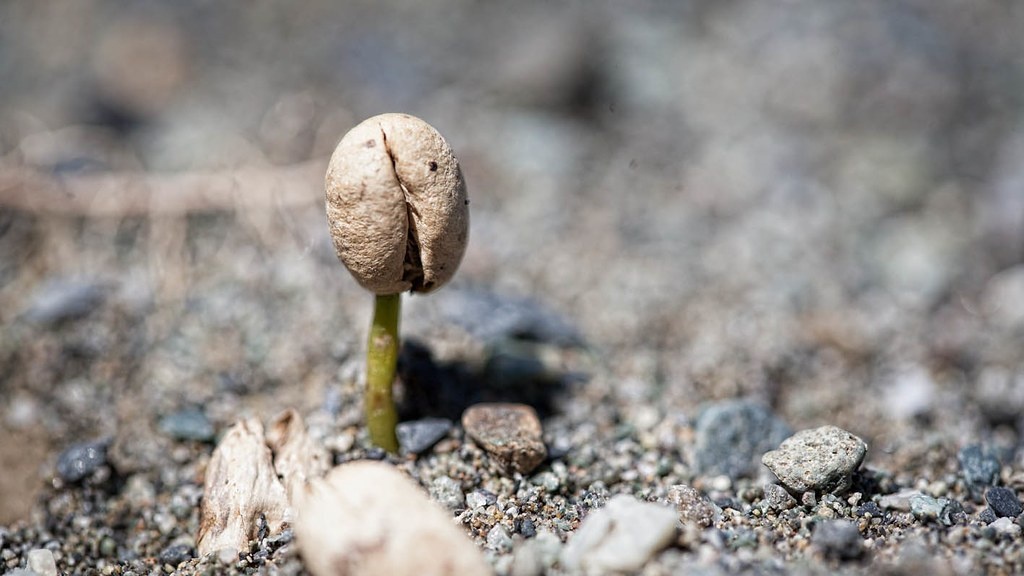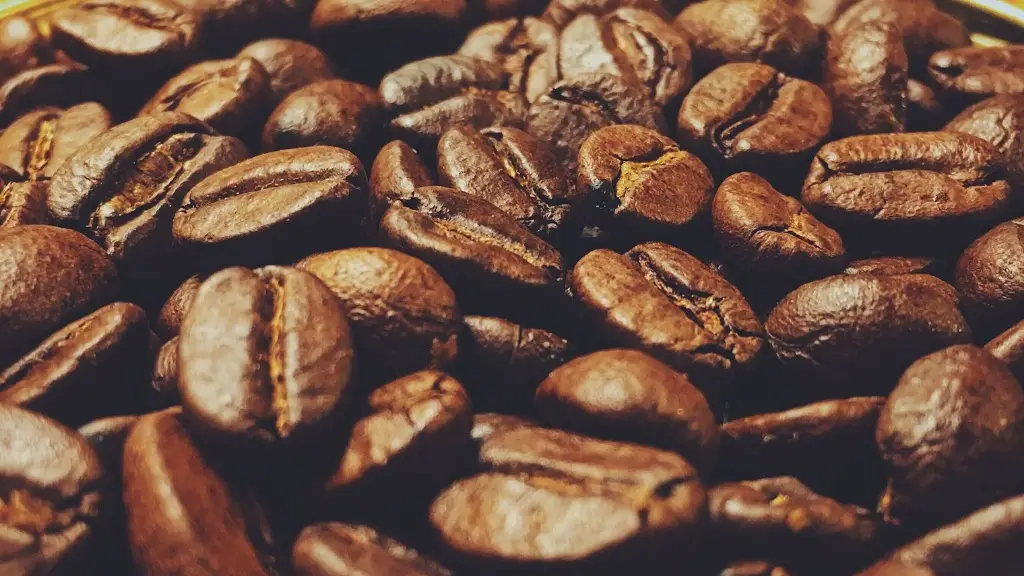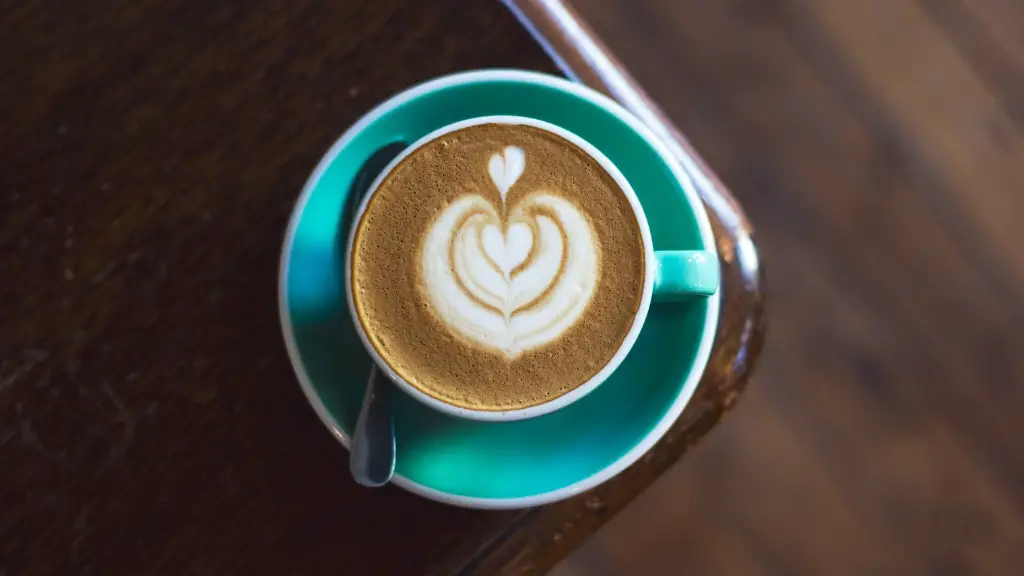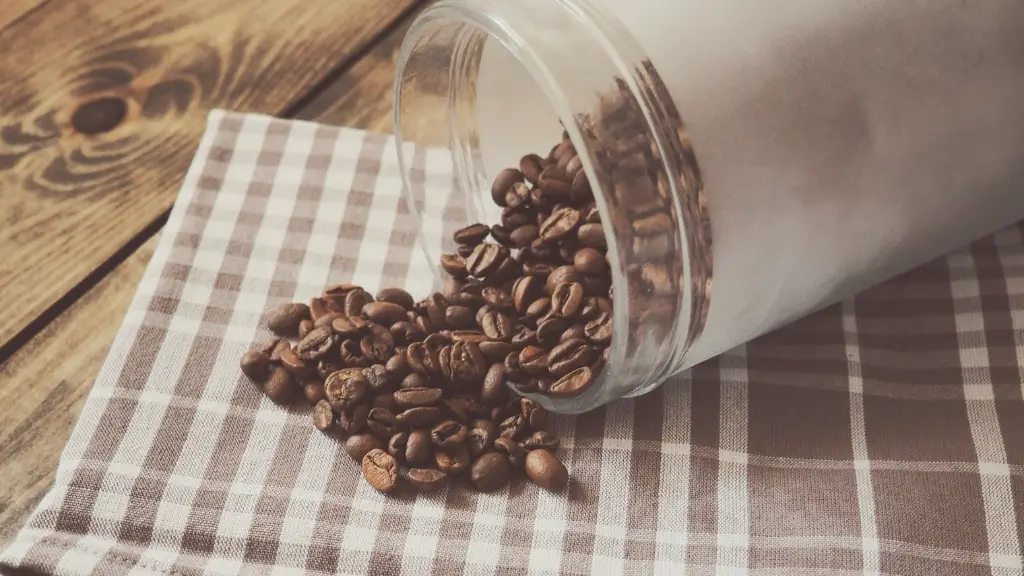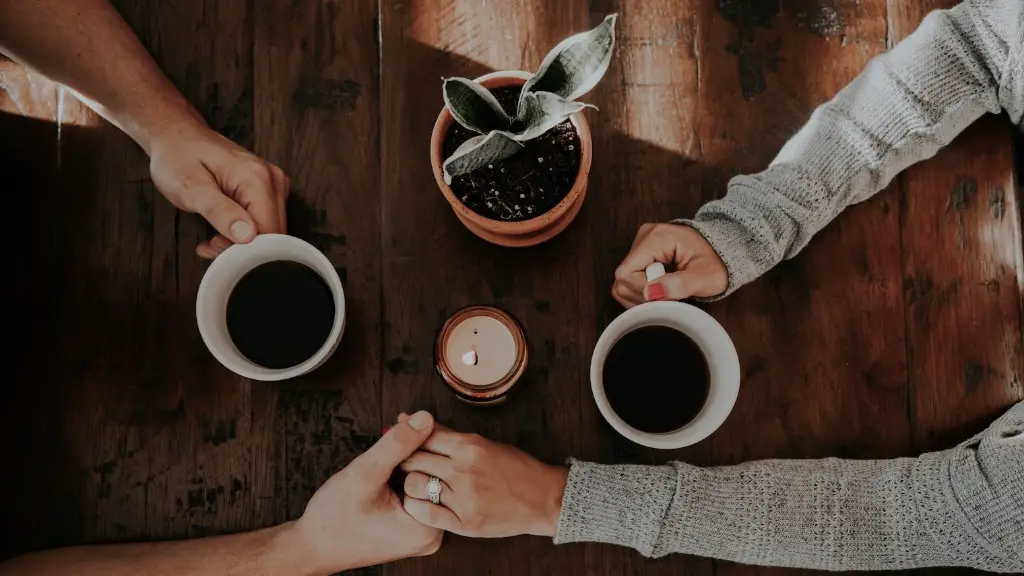Coffee consumption has increased in recent years. Whether it’s through brewing at home, grabbing a cup at a cafe, or sipping one of the many ready-to-drink coffees on the market – people obviously enjoy their coffee. But is it safe to drink old coffee?
It can sometimes be easy to forget – but, while coffee may seem like it lasts forever, that isn’t quite the case. Coffee has a shelf life, meaning it can eventually become stale and lose its flavor, aroma, and freshness. So, is it ever safe to drink old coffee? Let’s take a look at the facts.
Coffee Taste Changes Over Time
When it comes to old coffee, it’s not exactly a case of black or white. Coffee’s flavor, according to experts, can change drastically over time due to the inevitable oxidation process. Depending on where the beans were stored and how they were treated, they could take on aromas and flavors that taste sour, more bitter, or even herbal.
Whether you are opening old coffee beans or drinking cold brew that’s been sitting for a few days — the flavor of the brew will likely be an indication of whether it is still okay to drink or not. So, make sure to pay attention to the taste when considering the safety of drinking old coffee.
Steer Clear Of Expired Dates
When assessing whether it is safe to drink old coffee, there are several things to consider – including the fact that even the freshest coffee can become stale and lose much of its flavor and aroma over time. Coffee has an expiration date (typically 3 – 6 months past the ‘roast date’ printed on the package), so it’s important to steer clear of any coffee that is beyond the expiration date.
Also, if you’re storing coffee in a hot and humid atmosphere, the freshest coffee can spoil quickly, so it’s important to keep coffee bags sealed and stored in a cool and dry space. In addition, any coffee that looks discolored, has been exposed to moisture, and/or smells musty should also be thrown away.
Potential Health Risks
Though it’s probably not the most pleasant thing to think about, old coffee has the potential to result in digestive problems such as nausea, vomiting, and diarrhea due to the growth of mold or bacteria that can cause food poisoning. In addition, coffee that has been sitting for long periods of time can contain high levels of mold toxins, which can cause nervous system harm.
Another potential problem with old coffee is that it can be highly acidic due to the gradual increase in caffeine and other compounds as time passes. This can be problematic for those with sensitive stomachs, as the acidity can aggravate the stomach lining. In short, while drinking old coffee may not be harmful in most cases, it’s best to avoid it to spare the potential danger.
Benefits Of Drinking Fresh Coffee
With all that being said, it’s important to emphasize that drinking coffee that is as fresh as possible is always the way to go. Not only will it taste better, coffee freshly brewed from freshly roasted beans can also retain its beneficial compounds such as antioxidants and polyphenols.
What’s more, fresh coffee is less likely to contain mold or bacteria, and it will also have a much higher caffeine content since the caffeine compounds are only released once the coffee bean has been ground up and exposed to water. Thus, those who drink fresh coffee will have more caffeine in their cup of joe.
Alternatives To Old Coffee
If you find yourself pondering, ‘is it safe to drink old coffee,’ then you should know that there are plenty of alternatives. You don’t have to turn to discounts or compromised products to get a better bargain. For instance, you can look for discounts on new coffee and beans, or find ways to use up the last of a bag while drinking the freshest brew possible.
Additionally, you might want to consider roasting your own coffee, which is both a gratifying experience and leads to fresher coffee. Granted, it won’t save you money; however, you can be confident that your coffee is fresh, with no old coffee in sight. Not to mention, it adds a fun and rewarding experience to your daily brew.
Brewing Methods That Preserve Coffee
If you’ve ever asked yourself, ‘is it safe to drink old coffee?’, the answer is clear: it’s much better to drink fresh coffee. That said, if you do find yourself with leftovers, don’t fret – there are ways you can extend the life of your coffee. Different brewing methods can have a huge effect on how long the coffee will stay fresh for.
Those who are looking for a longer shelf life for their coffee should consider brewing ‘immersion’ style. French presses and percolators, for example, are single-use coffees. After leaving the grounds in the brew for an extended period of time the beverage separates, leaving the grounds and the liquid in separate vessels.
In contrast, common brewing methods like drip coffee makers recycle hot water throughout the brew cycle. This results in an over-extraction of the grounds and produces a less desirable cup of coffee. While this method makes the coffee quicker, it will fade faster.
Storing Coffee Properly
Another important factor to consider is storing your coffee properly. If you plan on keeping your coffee around for a while, it’s best to store it in an airtight container in a cool, dry place (like the refrigerator). This will help to prevent the beans from going stale and losing their flavor. Additionally, it’s important to keep your coffee away from moisture, direct sunlight, extreme temperatures, and away from the oven or stove; even the most small and subtle changes in temperature can cause the beans to degrade.
Smell, Taste, And Look Before Using Old Coffee
Finally, if you do decide to drink old coffee, make sure to always check for signs of spoilage – such as discoloration, aroma, or flavor. Unsurprisingly, spoilage – no matter how small – should always be a sign to discard the coffee and search for fresh beans.
So, to answer our lingering question of ‘is it safe to drink old coffee?’ the best answer is – it depends. If you take all the necessary precautions, pay attention to the expiration dates and aroma, and check for signs of spoilage, you may be able to enjoy your coffee without any ill effects. However, if the brew seems suspicious or stale, it is best to pour it out and opt for a fresh cup of coffee.
Making Coffee Last Longer
If you want to make your coffee last longer, it’s important to know the best practices for both brewing and storing coffee. That starts with buying coffee beans and grinding them yourself. Pre-ground coffee typically doesn’t last as long as beans because bean particles start to oxidize after they are ground up.
Next, it’s important to store coffee in an airtight and opaque container. This will keep the coffee fresh and protect it from moisture and oxygen. Additionally, make sure to store the coffee in a cool and dry place – like a cupboard – as extreme temperatures can speed up the degradation process.
The Benefits Of Buying And Storing In Small Batchs
It’s always best to purchase fresh beans and only buy the small amounts of coffee that you’ll need for a few weeks. If you buy too much coffee at once, it won’t stay fresh for long – and you may be stuck with old, stale coffee you don’t want to drink. Additionally, when you purchase small batches, you’ll also be able to identify the freshest beans and make sure that you’re getting the most out of your purchase.
Reusing Coffee Grounds
In the event that you end up with leftover coffee grounds, don’t automatically throw them away. Leftover grounds can be put to good use, either through composting or by incorporating the grounds into a variety of recipes. Some recipes will call specifically for used coffee grounds, while others may suggest adding them to a dish for a unique flavor profile.
In any case, as long as the grounds are safe to consume, you can use them just like any other ingredient – from using it to make vinegar to using it a scrub or a deodorizer, there are plenty of creative ways to repurpose leftover coffee grounds. This can be done after making a single pot of coffee, or you can store the grinds in the refrigerator or freezer for future use.
Cleaning And Maintaining Your Coffee Maker
Finally, it’s important to practice good coffee machine hygiene. While this is rarely considered when it comes to buying coffee, it’s one of the best ways to keep your coffee fresh and make it last longer. This means regularly cleaning and descaling your coffee maker, depending on the number and intensity of coffee cycles you do.
Proper cleaning and descaling helps maintain the performance of your coffee maker and coffee beans while also ensuring good coffee hygiene. This lead to tastier coffee, with greater capability to stay fresh and free of unpleasant to contaminants. Simply put, a clean coffee machine provides better and longer-lasting coffee.
